TL19FACE
Latest

Amazon's facial-analysis tool showed gender and race bias, says study
Research suggests Amazon's facial analysis algorithms have struggled with gender and racial bias. The MIT Media Lab found Rekognition had no trouble at all in correctly pinpointing the gender of lighter-skinned men but it classified women as men almost a fifth of the time and darker-skinned women as men on almost one out of three occasions. IBM and Microsoft software performed better than Amazon's tool -- Microsoft's solution mistakenly thought darker-skinned women were men 1.5 percent of the time.
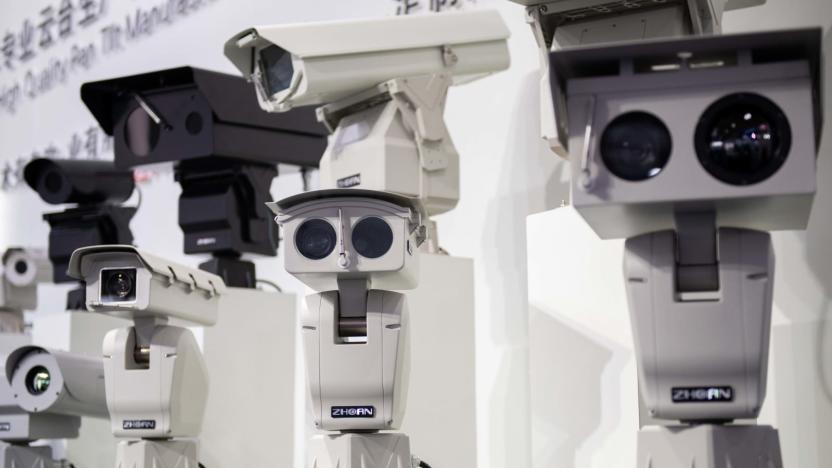
Shareholders ask Amazon to halt sales of facial recognition tech
A group of Amazon shareholders has filed a resolution requesting the company stop selling its facial recognition technology to government agencies until a review can determine whether it has the potential to violate civil rights. Organized by the non-profit Open MIC and filed by the Sisters of St. Joseph of Brentwood, the resolution is supported by a total of five shareholder groups that hold $1.32 billion of Amazon shares.
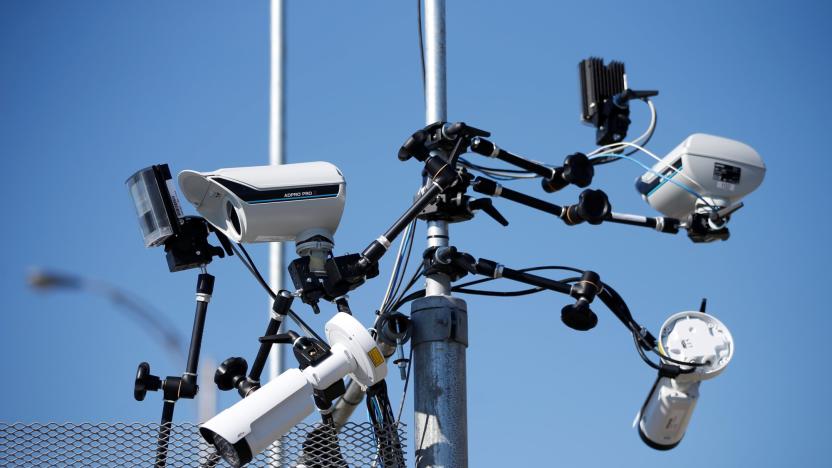
Congress seeks more info on Amazon's facial-recognition tech
Yesterday, the ACLU published a report showing that Amazon's Rekognition facial mapping software could have some serious problems with accuracy. A test scanned every current member of the House and Senate and compared them to a database of 25,000 mug shots -- and matched 28 of those lawmakers with various mugshots. It hasn't taken long for some politicians to craft a response. Senator Edward Markey (D-MA) and Representatives Luis Gutiérrez (D-IL 4th district) and Mark DeSaulnier (D-CA 11th district) sent a letter to Amazon and Jeff Bezos asking for more information on Rekogntion, specifically concerning its sale to law enforcement agencies. Today's letter from Markey, Gutiérrez and DeSaulnier said that "the efficacy and impact of [facial recognition] technology are not yet fully understood," going on to note that "serious concerns have been raised about the dangers facial recognition can pose to privacy and civil rights, especially when it is used as a tool of government surveillance." Other concerns include its accuracy as well as the "disproportionate impact on communities of color." Between all these concerns and the ACLU's report about Rekognition's reliability problems, Markey, Gutiérrez and DeSaulnier have submitted a number of questions to Amazon. First among the information the senator and representatives are seeking are any internal accuracy or bias assessments that Amazon itself has performed. Specifically they're looking to have that data broken down by race, gender, skin pigmentation and age; the group is also asking for details on how Amazon has tested for accuracy and bias and if those tests have been independently verified. They're also interested if Rekognition can recognize whether the data uploaded to its system includes children under the age of 13, something that would require Amazon to be following the Children's Online Privacy Protection Act. Other requests include info on all the agencies that use or have used Rekognition as well as any that have contacted Amazon about it. Additionally, Markey, Gutiérrez and DeSaulnier are looking to find out if Amazon conducts any audits on how various law enforcement agencies use Rekognition to make sure it isn't being misused. Finally, they want to know if and how the software is being used in conjunction with "police body-camera technology" or any other "public-facing camera networks." This isn't the first such grilling Amazon has received by the hands of the government; earlier this year, two more Democrats from the House of Representatives sent similar requests to Amazon and Bezos. What the response was hasn't been revealed yet, but Markey, Gutiérrez and DeSaulnier are looking for a response by August 20th.
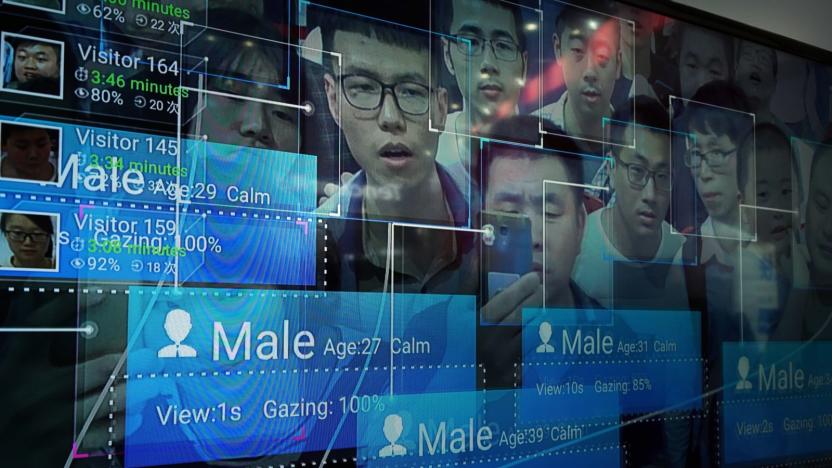
Microsoft calls on Congress to regulate facial recognition
In a blog post today, Microsoft President Brad Smith called for Congress to begin considering regulation of facial recognition technology, calling it "the technology of the moment" and noting its "broad societal ramifications and potential for abuse." Throughout the post, Smith discusses the potential pros and cons of facial recognition while also highlighting its current limitations, and he ultimately questions, "What role do we want this type of technology to play in everyday society?"
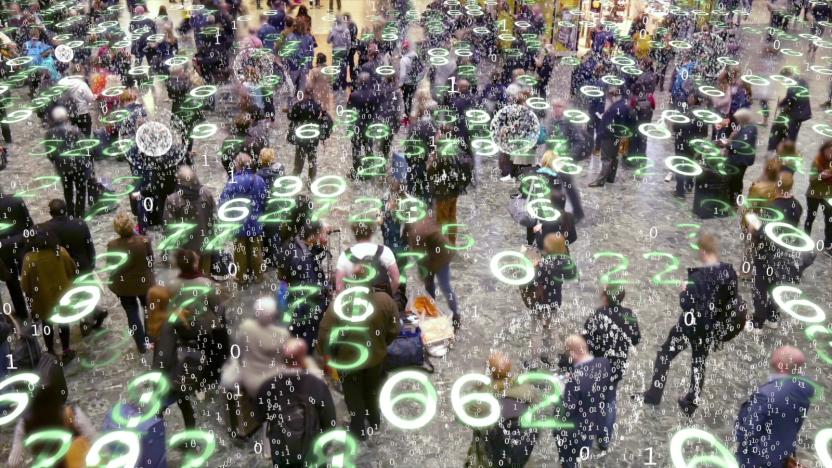
Amazon faces pressure to stop selling facial recognition to police
Amazon may not have much choice but to address mounting criticism over its sales of facial recognition tech to governments. The American Civil Liberties Union has delivered both a petition and a letter from 17 investors demanding that Amazon drop its Rekognition system and exit the surveillance business. While the two sides have somewhat different motivations, they share one thing in common: a concern for privacy.
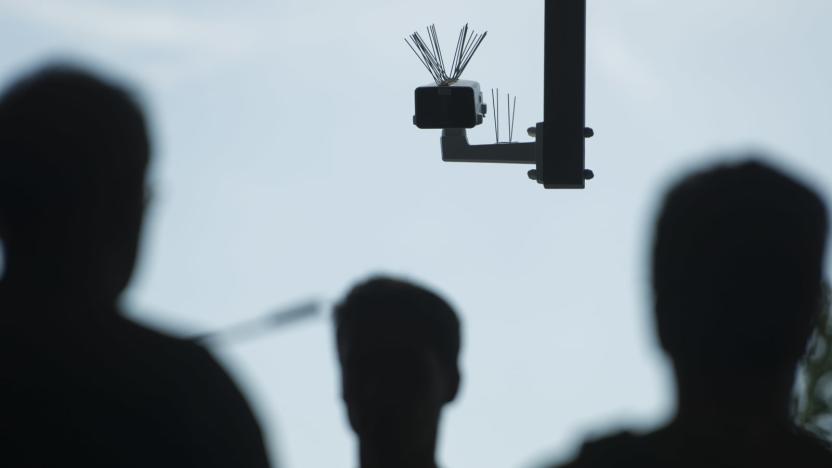
Amazon is selling facial recognition tech to law enforcement
If you're nervous about the privacy implications of Amazon's camera technology, there might be a good reason for it. The ACLU and a coalition of civil rights groups are calling on Amazon chief Jeff Bezos to stop offering Rekognition facial detection system to government customers after learning that the company is actively helping law enforcement implement the potentially invasive technology. Police in multiple regions have partnered with Amazon on surveillance projects, including an Orlando proof-of-concept that lets Amazon search for "people of interest" through city cameras as well a Washington County, Oregon initiative that lets officers scan people to see if they turn up in a mugshot database.



